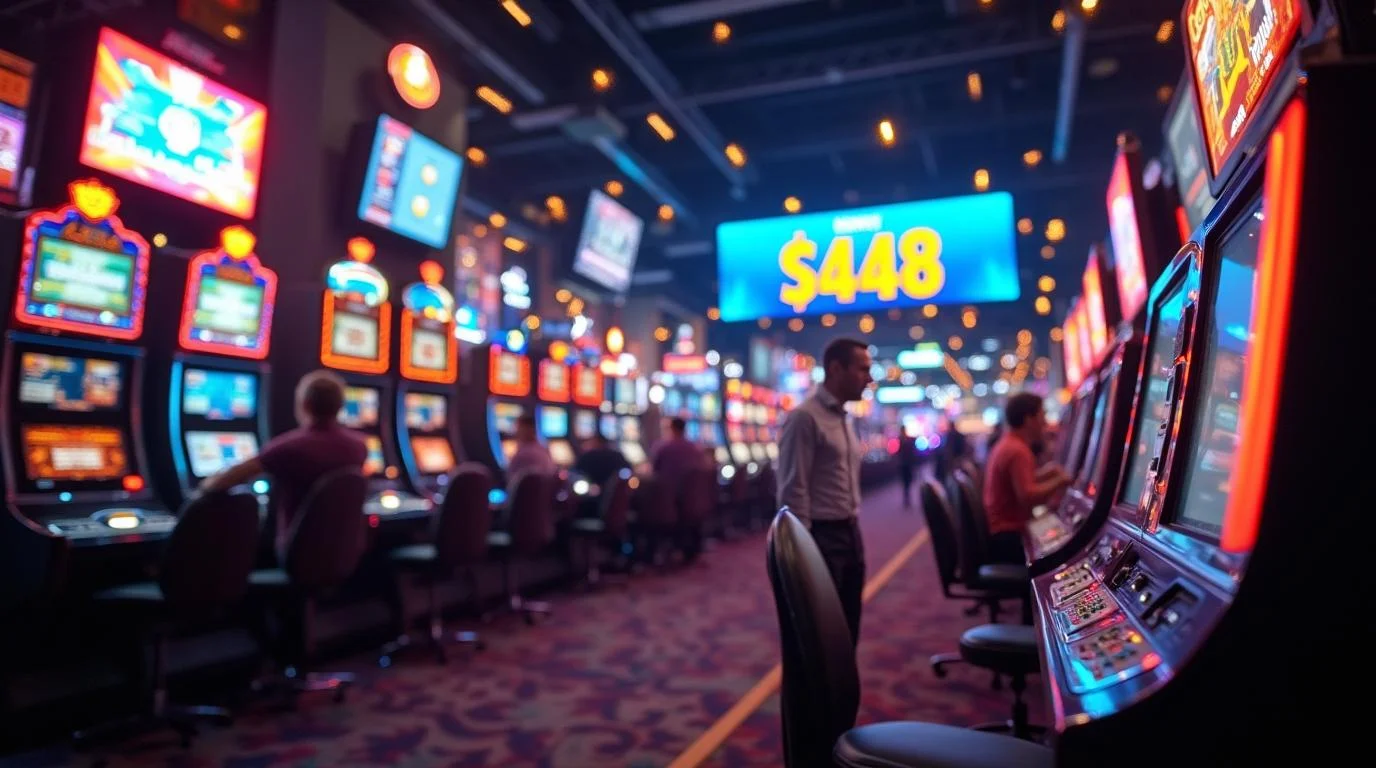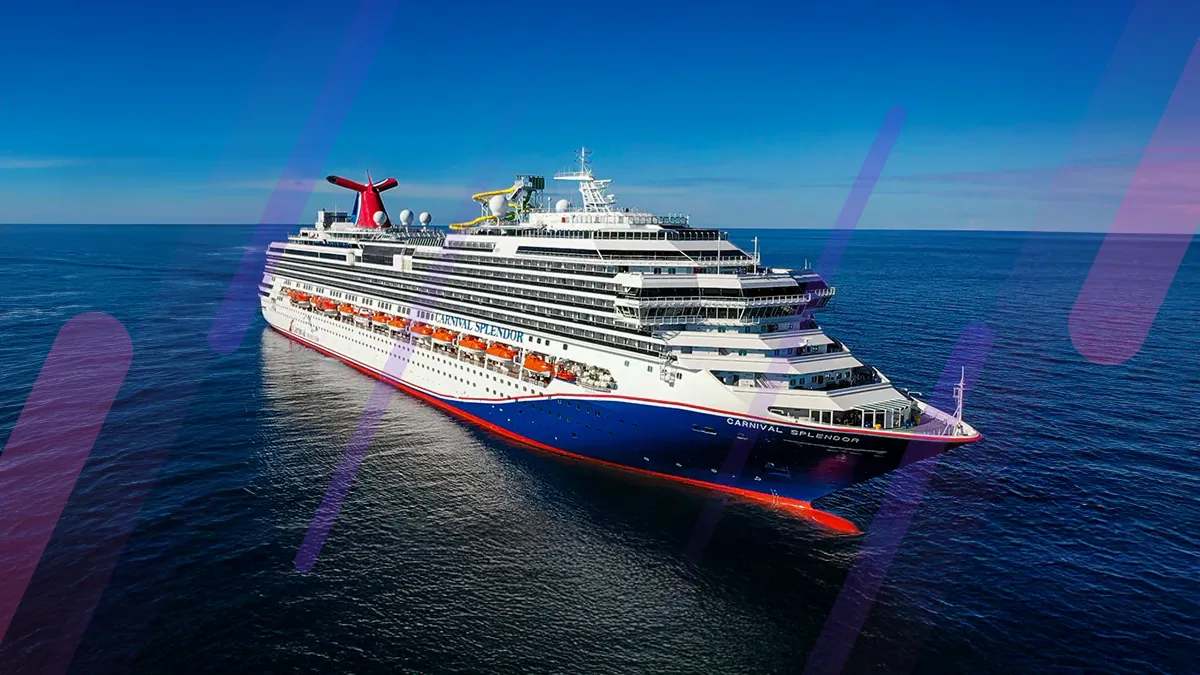Husband Sues Caesars Indiana After Wife Died Because of Alcohol Overdose

1.0
Default
A woman who downed a total of 17 alcoholic drinks in one night was found dead by her husband the next day. He then sues the casino where they drank, Caesars Southern Indiana, for the alleged overserving of alcohol which was the main cause of her death. Her blood alcohol level was .222, three times the allowed limit.
A lawsuit filed in federal court claims that Caesars Southern Indiana Casino is responsible for the death of a 43-year-old Ohio woman, Michelle Kelley, after she was allegedly served a minimum of 17 alcoholic drinks in one night, leading to her death. The complaint, filed by Kelley's estate and her husband, Jason Kelley, accuses the casino of negligence for overserving alcohol to a visibly intoxicated individual, in violation of state law.
The Kelleys, from Westerville, Ohio, visited the casino from March 26 to 28, 2024. On the last day of their stay, casino staff allegedly served Michelle Kelley "at least 17 alcoholic drinks," according to the lawsuit. Later that day, Kelley was found dead, and her toxicology report revealed a blood alcohol content of .222 - almost three times the legal limit to drive. Additionally, fentanyl, a dangerous opioid linked to the ongoing opioid epidemic, was detected in her system.
The lawsuit, filed in Southern Indiana's federal court, seeks financial compensation for legal fees, funeral expenses, and damages for the immense emotional and psychological harm suffered by Kelley's husband and two-year-old daughter. The complaint accuses Caesars Southern Indiana, its operator EBCI Holdings, its real estate owner VICI Properties, and "unknown servers" of gross negligence, wrongful death, and violating Indiana's Dram Shop Act, which prohibits the serving of alcohol to visibly intoxicated individuals.
Allegations of negligence
The lawsuit alleges that the casino's continued service of alcohol to Kelley, despite her apparent intoxication, directly led to her death. It also argues that the defendants' failure to stop serving alcohol and intervene when Kelley was visibly impaired put her in significant danger. The complaint states, "The Defendants' actions in continuing to serve Michelle Kelley alcohol after she was visibly intoxicated caused Kelley to be a risk of danger and harm to herself and others."
The Dram Shop Act in Indiana holds liquor establishments legally responsible if they serve alcohol to a visibly intoxicated individual whose intoxication later causes injury or death. The plaintiffs claim that Kelley's death was the direct result of the casino's actions and failures to act appropriately.
Kelley's estate and husband are seeking financial compensation for funeral expenses, emotional suffering, and the loss of companionship that has profoundly affected her family. "The wrongful death of Kelley has devastated Kelley's estate and beneficiaries, caused her husband and child to suffer immense emotional harm, and the loss of love and affection of Kelley," the complaint further elaborates.
Fentanyl discovery complicates case
The lawsuit also acknowledges that Kelley's toxicology report showed the presence of fentanyl in her system, along with alcohol. Fentanyl, a powerful and highly addictive opioid, has been a leading cause of drug-related deaths in the United States. Although Kelley's death was classified as "acute multi-drug intoxication," the plaintiffs argue that the casino remains liable because the alcohol served to her was a contributing factor in her death.
Greg Simms, the plaintiff's lawyer, emphasized that under Indiana law, a business can still be held accountable if alcohol consumption is a contributing factor to an individual's injury or death, even if it's not the sole cause. Simms noted that while fentanyl was present in Kelley's system, the primary focus remains on the casino's responsibility to monitor patrons' alcohol intake, especially when they are visibly intoxicated.
The specific details of how Kelley died have not been disclosed in the lawsuit. However, local media reports suggest that she choked on her vomit, a common danger for individuals with extreme alcohol intoxication. The casino and other defendants have not yet responded to the allegations in court.
Background on Caesars Southern Indiana
Caesars Southern Indiana Casino is operated by EBCI Holdings, a subsidiary of the Eastern Band of Cherokee Indians, under a licensing agreement with Caesars Entertainment. EBCI acquired the rights to manage the casino for $250 million in 2021. The casino features 70 table games, 1,100 slot machines, and a Caesars Sportsbook.
EBCI continues to maintain the Caesars name for the casino, which is part of the broader Caesars Rewards network. The tribal entity also operates two casino resorts in North Carolina - Harrah's Cherokee Valley River and Harrah's Cherokee - under a long-standing partnership with Caesars Entertainment.
The outcome of the lawsuit could have significant consequences for how casinos and other liquor-serving establishments in Indiana and beyond manage their alcohol policies. As the case develops, it will likely determine the delicate balance between entertainment, customer service, and legal obligations regarding alcohol consumption and the duty of care casinos owe to their patrons.

























